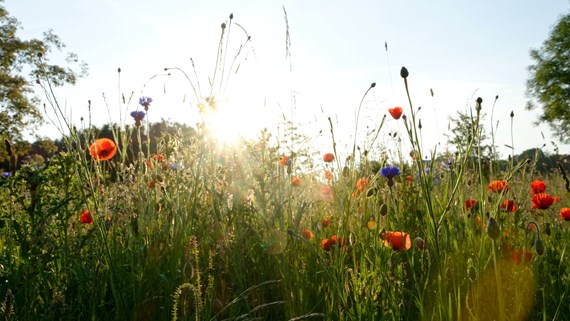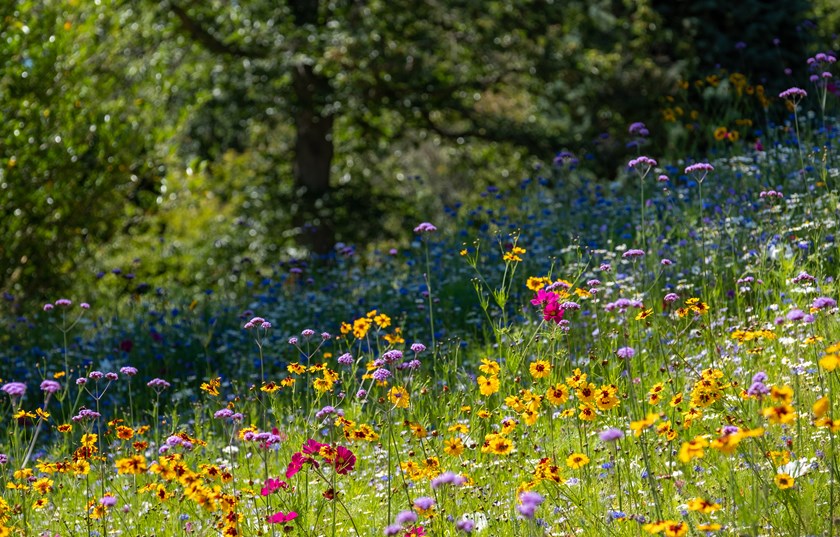Sharing land for farming and environmental management
Insight

Agricultural tenancies have formed the backbone of farm tenure in England and Wales for many generations. Landowners (capital) have owned the land and by and large been content merely to receive rent for it, from farmers (labour), who in return manage the land to grow and sell produce. But times are changing. Food production is no longer the sole source of revenue and increasingly opportunities lie in the environmental goods produced by land. How do landowners need to adapt their roles to take advantage of these new markets and what effect does this have on the legal arrangements which underpin the occupation of agricultural land?
The Farm Business Tenancy (FBT) is not going to disappear, but it is evolving to reflect the new interests of landlords. Some examples:
- The traditional rights reserved to landlords in FBTs in respect of timber need thought: do landowners want the right to be able to plant new trees themselves, or would they prefer a collaborative approach to tree planting with tenants?
- Familiar obligations on tenants not to enter “schemes” without landlord consent are being adapted to capture the new range of public and private environmental schemes available. This gives discretion to landlords to encourage certain schemes in certain areas, but freedom to prevent them in others (perhaps on land earmarked for medium term development).
- The traditional landlord’s right to break part for non-agricultural use can be augmented to allow parts of a holding to be brought back in hand for environmental schemes, not just “development”.
Looking beyond the landlord / tenant structure, owners of private estates (perhaps those who have whole estate plans for increasing biodiversity) will often be attracted by taking holdings back in hand following a tenant’s retirement. This can put the landowner fully in charge of the environmental aspects of the long-term management of the land (and the income this may unlock), whilst the farming is still undertaken by a trusted third party under short term contract farming arrangements or grazing licences. Either way, legal possession and management of the land sits once more with the landowner and the traditional “agriculture” is carried out under a contractual licence. An important attraction to this approach is potentially securing 100 per cent Business Property Relief (BPR) for the land against Inheritance Tax. BPR can be a significant “win” on agricultural land, because it relieves the full value of the land (including development and mineral values), rather than just giving relief for the agricultural value.
This approach is, however, unlikely to interest the investment landlord. Not only will they often lack the wherewithal to manage the land themselves for environmental purposes (even through contractors), but there may be a reluctance to regain legal possession of the land and the greater occupiers’ liability that entails, whether in relation to trees, livestock or other hazards. Nevertheless, such landlords may find situations where they want land to be managed for environmental purposes by one party, but also used for agriculture by another (with income streams coming from both). What sort of arrangement can allow the land to be shared in this way? One option is a lease / licence approach: for example, a lease for environmental management is granted to one party, but subject to a licence from the landlord to another party to graze the land on terms that dovetail with the lease. Such a lease / licence structure grows organically out of a familiar structure already in common use to facilitate the sharing of rural land – the sporting licence that sits beside the farm tenancy, and which grants rights that often rub up very close to the interests of the farmer, for example the cultivation of game cover. Yes, the landlord may have to arbitrate occasional disagreements between the sharing parties, but that is a familiar aspect of land management.
The changing face of the sector is giving rise to very individual situations that allow for fresh and innovative approaches to the legal framework in which they sit. Arrangements will need to be bespoke, to suit the level of involvement and long-term goals of the landowner, but often existing arrangements can be adapted to provide solutions to new problems.
This publication is a general summary of the law. It should not replace legal advice tailored to your specific circumstances.
© Farrer & Co LLP, October 2023







